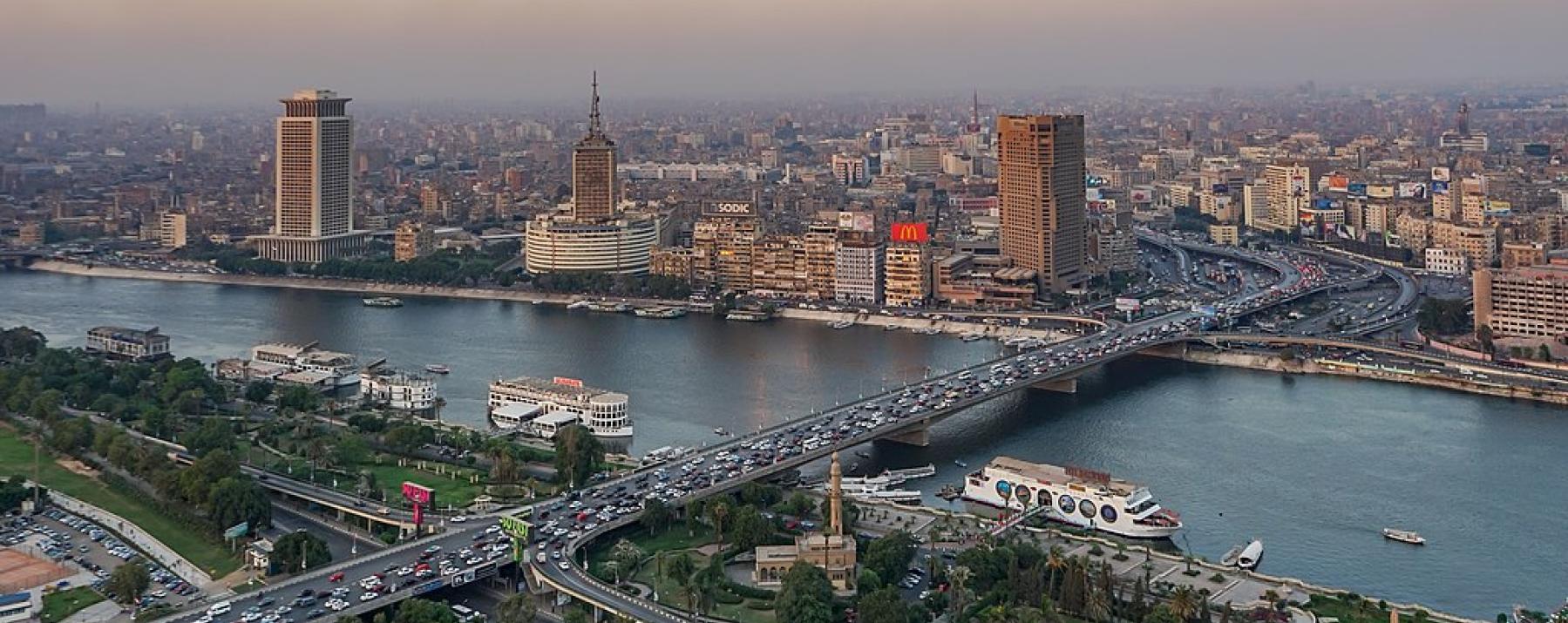Evaluation Report of the Egyptian National Council for Human Rights

Cairo, Egypt - August 30, 2015 © Nina R./Wikimedia Commons, licensed under CC BY 2.0.
Executive Summary
On June 1, 2023, MENA Rights Group, Committee for Justice, and the Human Rights Foundation evaluated the independence of the Egyptian National Council for Human Rights (NCHR) in light of the Principles relating to the Status of National Institutions (The Paris Principles).
The report was submitted to the Sub-Committee on Accreditation (SCA) of the Global Alliance of National Human Rights Institutions (GANHRI), which will decide on the re-accreditation of the Egyptian NCHR based on an evaluation of the progress made since 2018. Ahead of the SCA’s second session of 2023, which will take place at the end of September and October 2023, the joint report aims to assist in the evaluation of the compliance of the NCHR with the Paris Principles in both legal and practical terms.
In October 2006, the Sub-Committee on Accreditation (SCA) of the Global Alliance of National Human Rights Institutions (GANHRI), granted A status to the NCHR. From October 2011 until May 2018, the review of the NCHR was deferred by the SCA multiple times.
Although the NCHR was granted A status when it was first reviewed in May 2018, the SCA had concerns about the ability of the NCHR to address human rights violations. It further noted that the selection process in the existing legislation was not sufficiently broad and transparent and highlighted shortcomings regarding visits to detention facilities. Our report shows that none of the SCA's recommendations have been implemented since then.
Following its establishment in May 2003, the NCHR has been operating in the context of widespread human rights violations by the Egyptian authorities. Instead of being vocal about the deterioration of the human rights situation in the country, particularly since the presidency of Abdel Fattah al-Sisi in June 2014, our report found that the Egyptian NCHR has failed to react to and act on the major human rights violations occurring in the country.
The Council does not effectively exercise its mandate, especially with respect to human rights issues such as torture, enforced disappearances, the conditions of detention, the situation of detainees and human rights defenders, fair trial rights and due process, as well as freedom of expression, peaceful assembly, and association since there is no substantial reporting, assessing, and examining of those violations.
The selection and appointment process reveals severe issues regarding the independence of the NCHR’s mandate since all the power belongs to the legislative, which is closely tied to the executive. Illustrative of the NCHR’s proximity with the executive, the President and Vice-President of the NCHR are former Egyptian officials; with the Vice-President being the presidential campaign coordinator of al-Sisi in both 2014 and 2018.
Furthermore, the enabling law still lacks a detailed and concrete description of a uniform selection process. Furthermore, the lack of unannounced visits to places of detention confirms the perception among civil society actors that it does not provide effective remedies for victims of human rights violations. Lastly, the law still lacks the granting of functional immunity for the members of the NCHR, which has a clear impact on their independence of actions.
For an NHRI with A Status, the SCA clearly demands “to take the necessary steps to pursue continuous efforts at improvement and to enhance their effectiveness and independence, in line with the Paris Principles and the recommendations made by the SCA during this review.”
On the contrary, the report found that the NCHR fails to achieve this expectation. Because there is no significant effort by the NCHR to implement recommendations or even advocate for the changes demanded by the SCA, it does not deserve to continue holding A-Status. Consequently, the report suggests that the SCA downgrade the Egyptian NCHR to B status during the 2023 re-accreditation process.
